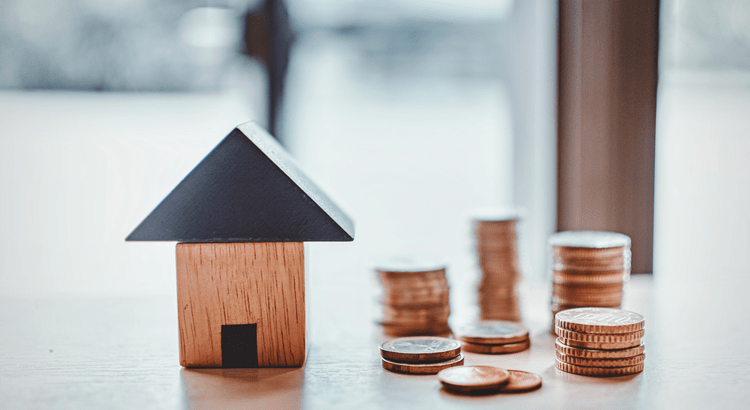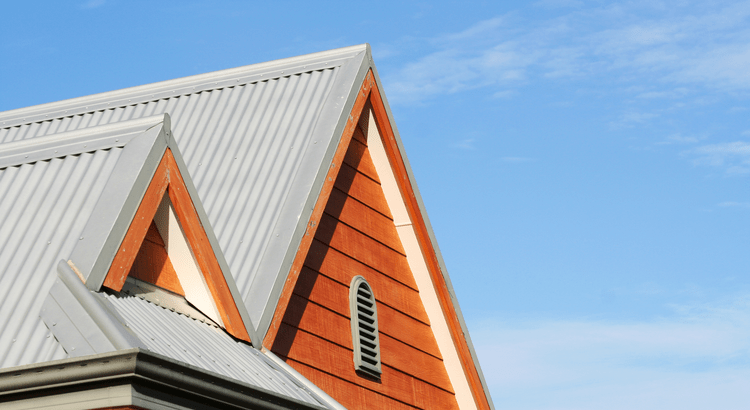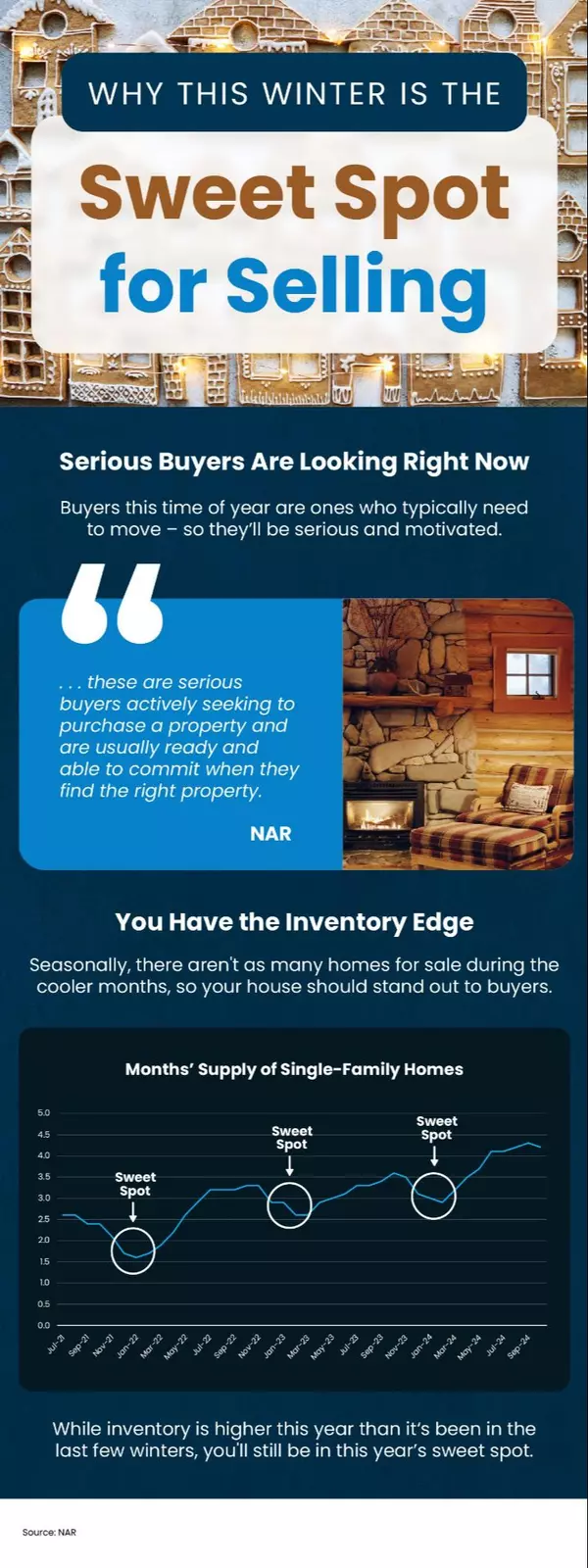What To Know About Closing Costs
What To Know About Closing Costs

Now that you've made the decision to buy a home, it's important to plan for the typical costs involved in the process. While your down payment is likely the biggest expense on your mind, don't overlook closing costs. Here's what you need to know.
What Are Closing Costs?
Simply put, closing costs are the extra fees and payments required when finalizing your home purchase. While the amount varies depending on the home's price and financing method, every buyer has these expenses, so they shouldn't come as a surprise. However, many people forget to account for them in their budget. According to Freddie Mac, this part of the homebuying process generally includes:
- Application fees
- Credit report fees
- Loan origination fees
- Appraisal fees
- Home inspection fees
- Title insurance
- Homeowners insurance
- Survey fees
- Attorney fees
Some of these costs are one-time expenses included in your closing costs, while others, such as homeowners’ insurance, are initial installment payments for ongoing obligations you'll have once you own the home.
How Much Are Closing Costs?
The same Freddie Mac article goes on to say:
“Closing costs vary greatly depending on your location and the price of your home. Typically, you should be prepared to pay between 2% and 5% of the home purchase price in closing fees.”
With that in mind, here's how you can estimate what to budget for closing costs. If you're looking at a home priced at today’s median of $422,600, your closing costs, based on the Freddie Mac estimate of 2-5%, could range from approximately $8,452 to $21,130.
Of course, if the home you’re considering is priced higher or lower than this, your closing costs will adjust accordingly. It's essential to factor these fees into your overall homebuying budget so you're fully prepared.
Tips To Reduce Your Closing Costs
If you're looking for ways to potentially reduce those costs, NerdWallet suggests a few strategies that could assist:
- Negotiate with the Seller: In some cases, sellers may be open to covering part or even all of your closing costs. With homes staying on the market longer, sellers might be more motivated to negotiate. You could use this opportunity to ask for concessions, such as covering the home inspection or providing a credit toward your closing costs.
- Shop Around for Home Insurance: Given the current rise in home insurance costs across many regions, it’s important to explore all your options. Different insurance companies offer various policies and coverage levels, so it’s wise to obtain multiple quotes and compare them. Selecting a policy that balances reliable coverage with a competitive rate can significantly impact your overall costs.
- Look into Closing Cost Assistance: Similar to down payment assistance programs, there are also options available to help with closing costs. These programs can vary by location and may be available for different income levels, professions, or specific areas. To find out more, Experian notes:
“Your real estate professional should be able to steer you toward applicable programs, and the U.S. Department of Housing and Urban Development (HUD) maintains a helpful resource for finding homebuying assistance programs in every state.”
Bottom Line
Preparing for the fees and payments associated with closing on a home is crucial, and it doesn’t have to catch you off guard. With the right guidance, you can ensure you're ready. Let's connect so you have a reliable resource for all your questions and advice.
Categories
Recent Posts










GET MORE INFORMATION

